28 February 2022
Losing a partner: 'My faith has made the tragic turn of events bearable'
Emily Bright interviews Louise Blyth
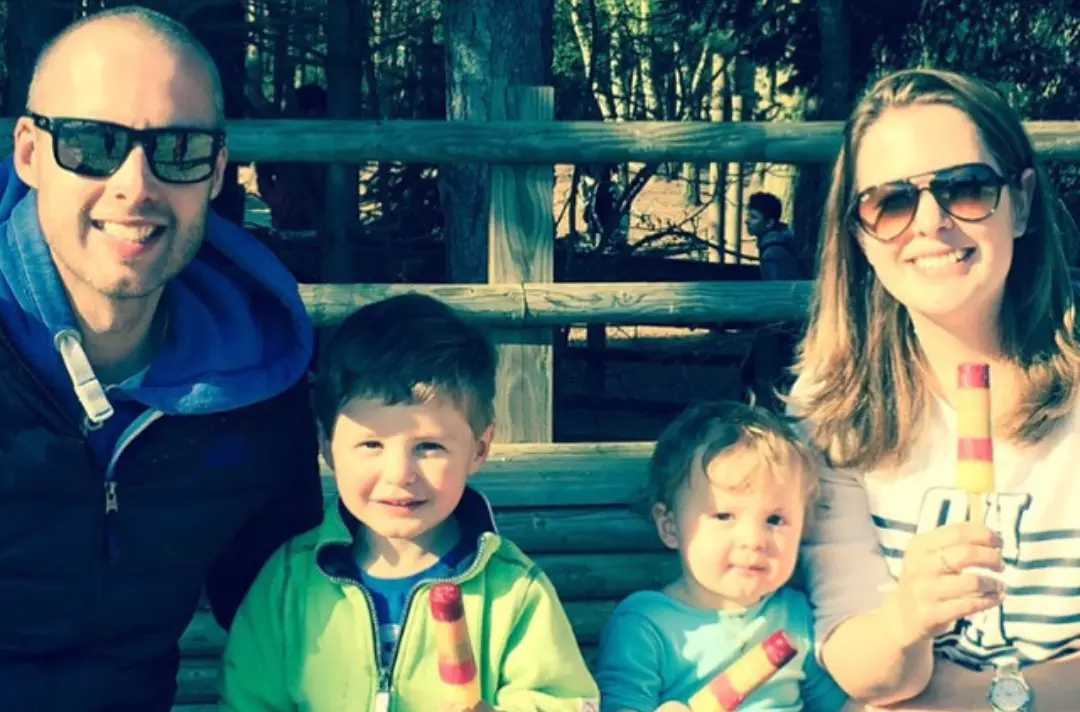
Louise Blyth explains to Emily Bright how she and her husband found a new outlook after he developed the cancer that would end his life.
George had a magnetic charisma,’ Louise Blyth says of her husband of five years. ‘Everybody knew who he was and everybody was aware of his cheeky personality.’
They first met in 2006 during part of a graduate training scheme at a chocolate factory. The seven young people who were on the sales and marketing division became good pals. Louise developed a particularly close friendship with George, talking to him regularly. Their friendship blossomed into romance.
In 2011, Louise and George married, and their first son, Charlie, was born two years later. Then, in April 2015, they had their second child, Jamie. But within eight months of his birth, a shadow fell across the family’s future.
Over a number of months, George had felt increasingly tired, but he brushed it off as a side-effect of parenthood. However, when a GP decided to take a blood test and unexpected results came back, the couple began to believe that something was wrong.
Months of tests followed. While decorating the family’s Christmas tree, Louise received a phone call from her husband. George uttered the devastating words: ‘I’ve got cancer.’ He was only 33. Suddenly, their future together was thrown into disarray.
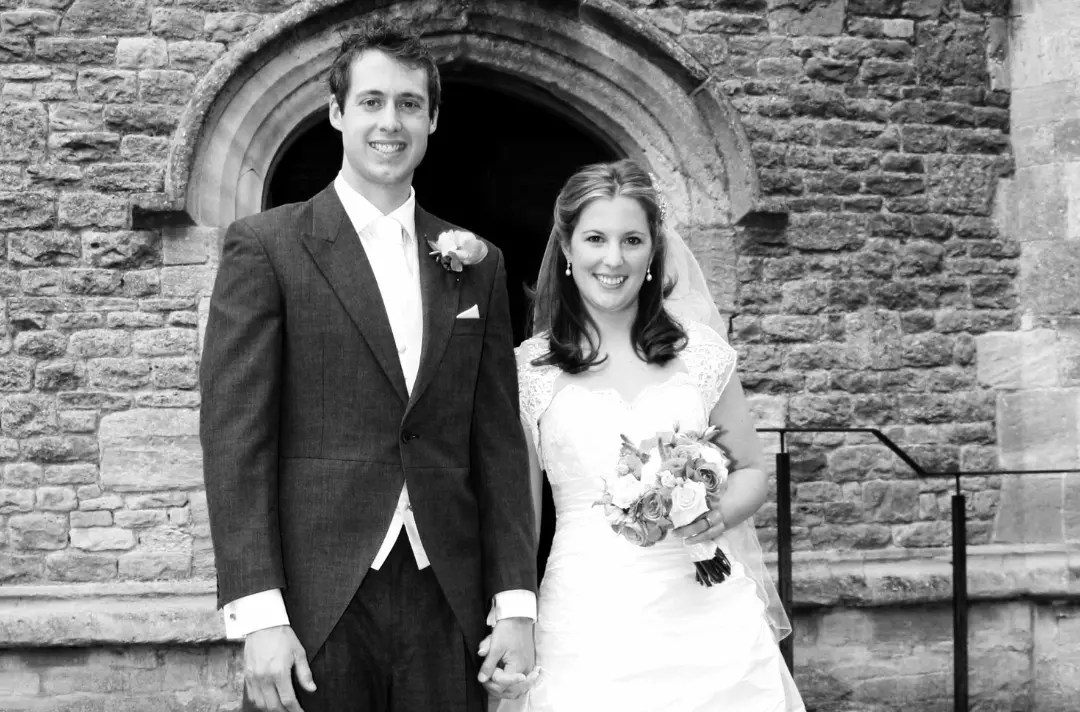
‘After we received the horrendous news that George had stage-four cancer and that it had spread to his liver, we were literally on the floor,’ she remembers. ‘Nothing can prepare you for a life-altering diagnosis like that.
‘It’s heartbreaking and harrowing for the person it’s happening to – who’s obviously full of fear – and for everybody surrounding them. You know it’s going to change your life, but you don’t know how. And you lose all control over what your life previously was.’
As a marketing professional, George wanted to create a different outlook on his bleak diagnosis, Louise remembers. ‘He said to me right from the off: “I’m not going to have cancer. The word cancer is just so full of fear, anxiety and death. I want to use a project name instead.”
‘I went with it, because I was mindful that he needed to find a way to channel his positive energy. We weren’t Christians, and we were trying to find things to hope for.’
George rebranded his recovery as Project Invictus. He later discovered the word ‘invictus’ had a greater resonance: a poem of that name, once cited by Nelson Mandela, speaks of having mastery over your future despite seemingly dark circumstances. Looking back, Louise believes this coincidence was an example of how God was at work by providing them both with a source of hope.
They set about contacting everyone they knew for advice, determined that George would eventually receive the all-clear. He underwent 12 rounds of chemotherapy and a liver resection.
Remarkably, between treatments, George set out on cycling challenges. He raised £20,000 in a 100-mile trip around London, before embarking on another cycle ride from London to Paris.
But after he finished his London to Paris ride, he experienced severe shoulder aches and heartburn and couldn’t eat properly. His cancer had returned. This time, treatment options were limited. George began another round of chemotherapy, but his health continued to decline.
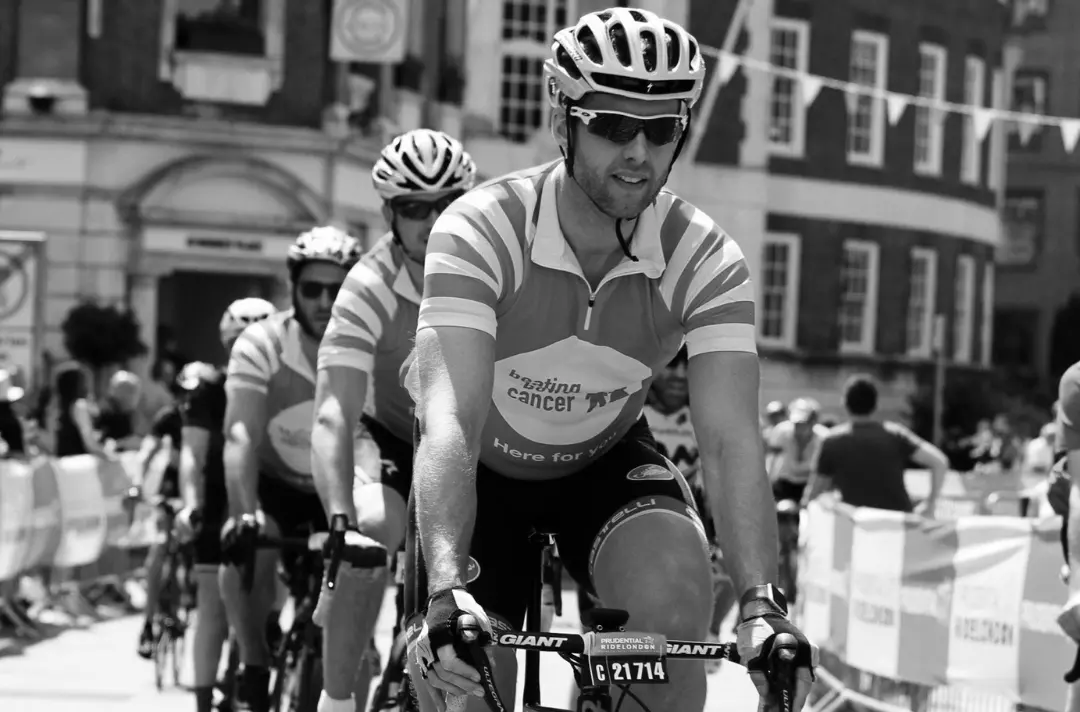
One evening, Louise was at breaking point. She drove round the area where they lived in Nottinghamshire, looking for a church that was open. Although neither she nor her husband had a Christian faith, she was searching for a sanctuary. The church she found was locked.
She drove on. Then, in a moment of desperation, she pulled over her car and screamed out to God to intervene and save George’s life. Little did she know that he was about to intervene in a way that she could not have imagined.
A matter of days later, Louise’s friend Kate met a Christian woman called Brianna at a wedding. As they chatted, Brianna felt God saying that there was someone in Kate’s life who was very ill. She offered to put Kate in contact with a prayer network in California who could support George.
Rattled by this spot-on insight from a complete stranger, Kate sat on the news, but decided to tell Louise what had happened. Open to any source of help, Louise agreed that she was happy for people to pray for her. She began texting Brianna, who quickly became a steadfast support, praying for the family.
George continued to deteriorate and was admitted to hospital in a critical condition in October 2016. Brianna travelled to Nottingham to visit the couple. In the hospital room, she played music and prayed with Louise and George for the cancer to be healed. She handed them letters of encouragement that she had written based on what she felt God was saying, summarising Louise and George’s characters perfectly, despite never having met them.
She then delivered a makeshift Communion, blessing the Ribena and bread. Nurses found that the Ribena removed toxicity from George’s body, and the small bite of bread was the first food that George had stomached in days.
Louise remembers: ‘George had been in such pain, discomfort, anxiety and fear. But when I went back into hospital after Brianna had prayed with us, that had all left him. He was in this ethereal state, and he was laid out in his bed and almost had his arms in a kind of Christlike pose.
‘George said to me: “It’s gone. All the pain, all the fear. I just feel full of love, full of light and full of God.” George didn’t speak like that. I fell down on my knees in the hospital room. The pragmatist in me checked with the nurses if he’d had more morphine. But he hadn’t.’
Brianna continued to support Louise by texting words of encouragement, with impeccable timing and wisdom for whatever Louise faced. One day, Louise wrote a heartfelt letter to God on her phone, railing against him and asking how she would cope. Brianna, not knowing this or any of the questions asked, texted back moments later with the exact answers Louise needed.
Although Brianna prayed for healing, and mobilised prayer rooms in London and California to do so too, George didn’t recover. But his pain had gone, and he died peacefully. That night, Louise felt the atmosphere in her bedroom change, which she now explains as the presence of God’s Holy Spirit.
‘When George died, something in my body changed and shifted,’ she says. ‘And I just was going: “Okay, he’s died.” And there was this rush of energy into the room.’
She later learnt George had died in that same moment: just after midnight on 18 November 2016.
Louise then had to tell her children that their father wasn’t coming home. Equipped with advice from a children’s bereavement charity, she avoided ambiguity and told them that Daddy’s body had broken, and he had died, but that she believed the best bit of him, his soul, was now in Heaven.
‘It feels really trite to say that God was with me when I had that conversation, but he definitely was,’ she says. ‘When I later told Charlie, my oldest son, what was going to happen at the funeral, we acted it out using some Toy Story characters.’
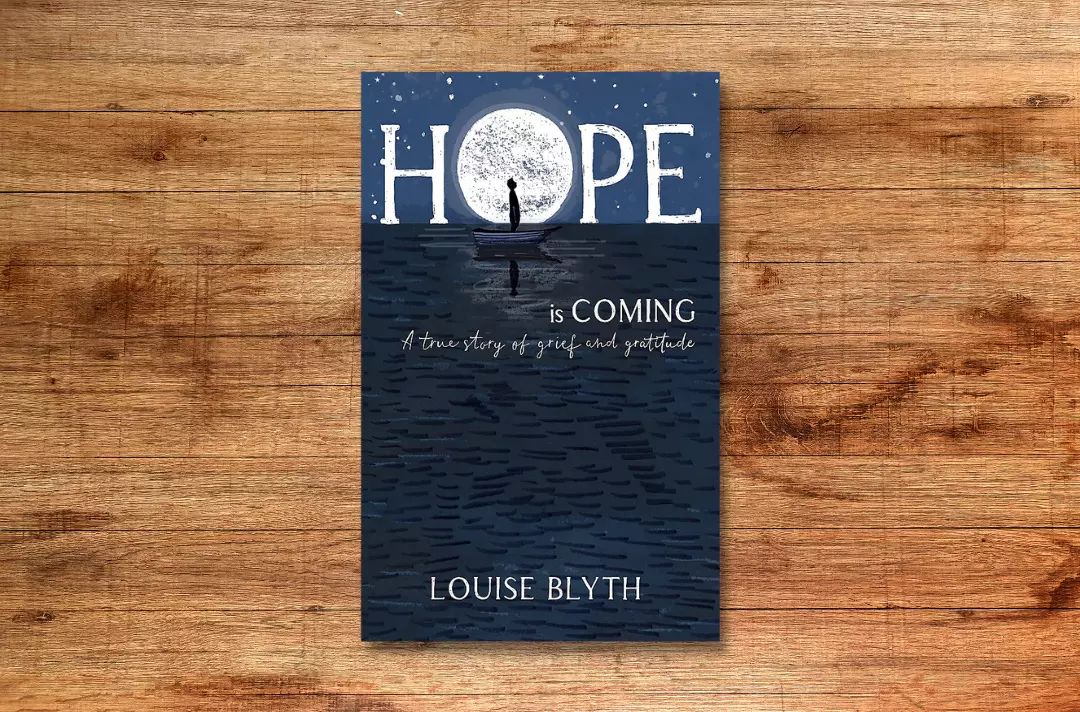
After the death of her husband, Louise’s newfound Christian faith provided much-needed solace. She turned to the Bible for help.
‘I hadn’t really read the Psalms before, but I thought: “Wow, these are beautiful.” They spoke to the hurt, devastation and grief I was feeling, but also of my joy and thankfulness for God’s presence throughout that dark time.
‘I was experiencing this lovely juxtaposition of being scared, angry, wanting to fight, while feeling like the Lord was everything and that I was so thankful for him. The Psalms described what was going on in my heart in a way I couldn’t.’
Louise’s relationship with God had blossomed in the most difficult of circumstances, and she was keen to share the power of God’s love with others. One way she has done so is through writing the book Hope is Coming, about her experiences.
‘I felt I’d been shown such tenderness, kindness, peace and love in such a horrible time,’ she says. ‘I also had this realisation that God was real, and I felt utterly compelled to tell people about it, because faith has really helped me and changed me and it’s going to continue to change me. My faith has made the tragic turn of events bearable.’
To highlight the significant role that the Christian faith had played in George’s last days, Louise and her husband had agreed to baptise their youngest son, Jamie, at the funeral.
‘It was a celebration of the cycle of life,’ Louise reflects. ‘I wanted to make a declaration to the world that this awful yet incredible thing had happened to us. Ever since George’s death, our faith has been what we stand on. We now go to church every week, Covid-permitting. It’s our home.’
Since she became a Christian, Louise’s faith has been a pillar in her life. ‘It has made me want to be more patient and kind. It has made me feel expectant about what life may give me, and how God might move in that. It has made me want to parent my children in a way that educates them in faith.’
Prayer has proved to be an important part of Louise’s relationship with God.
‘When I pray, I do so authentically, from the heart. My encouragement to people would be that if you’re grappling with something, let it out to God. He knows what’s on your heart. Don’t hold back, because the more you let go, the more he’ll meet you.’
Louise asks God for good to come out of the pain she has experienced. She says: ‘Ever since George died, my prayer has been “God, use me”, because I have managed to go through what is people’s worst nightmare. The nightmare didn’t just stop when George died.
‘I always say that if I can still stand in all this horror that has unfolded, and find joy, love and hope in my heart every day, then other people can too.’
- Some names have been changed
- Hope is Coming is available to buy as a hardcover book, an e-book and an audiobook
Interview by
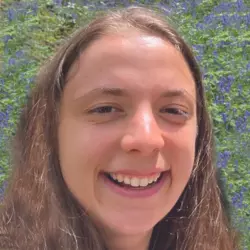
Emily Bright
Staff Writer, War Cry
More from War Cry
All online articles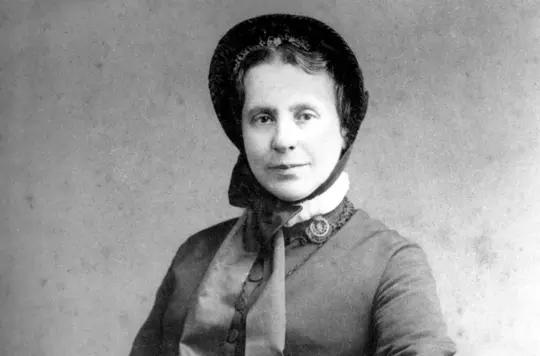
Women's History Month: Catherine Booth
To mark Women’s History Month, author Cathy Le Feuvre speaks to Emily Bright about Catherine Booth's legacy.
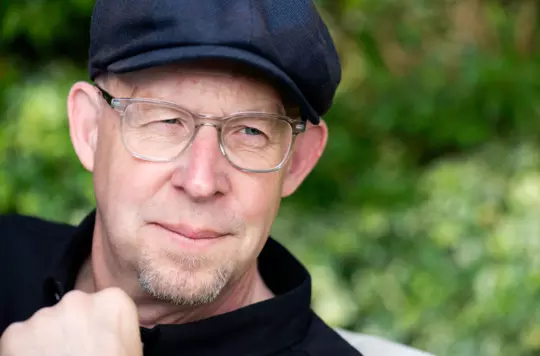
A journalist's view: Celebrities are 'just like the rest of us'
After encountering some of the world’s most famous people, journalist Cole Moreton explains what he has learnt about the value of human connection.
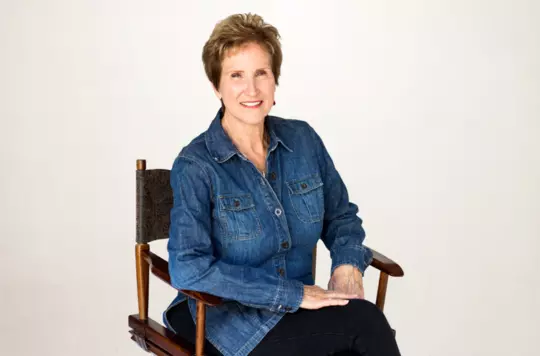
'Redeeming Love': From steamy romance to Christian fiction
Author Francine Rivers tells Emily Bright how becoming a Christian prompted her to turn over a new leaf in her career.
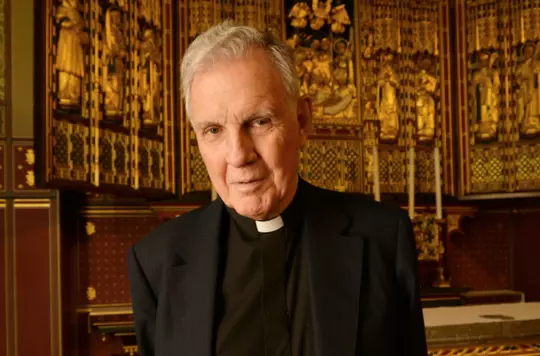
From cabinet minister to prisoner and now prison chaplain
Philip Halcrow interviews Jonathan Aitken and fellow ex-prisoner Edward Smyth about their spiritual survival guide 'Doing Time'.